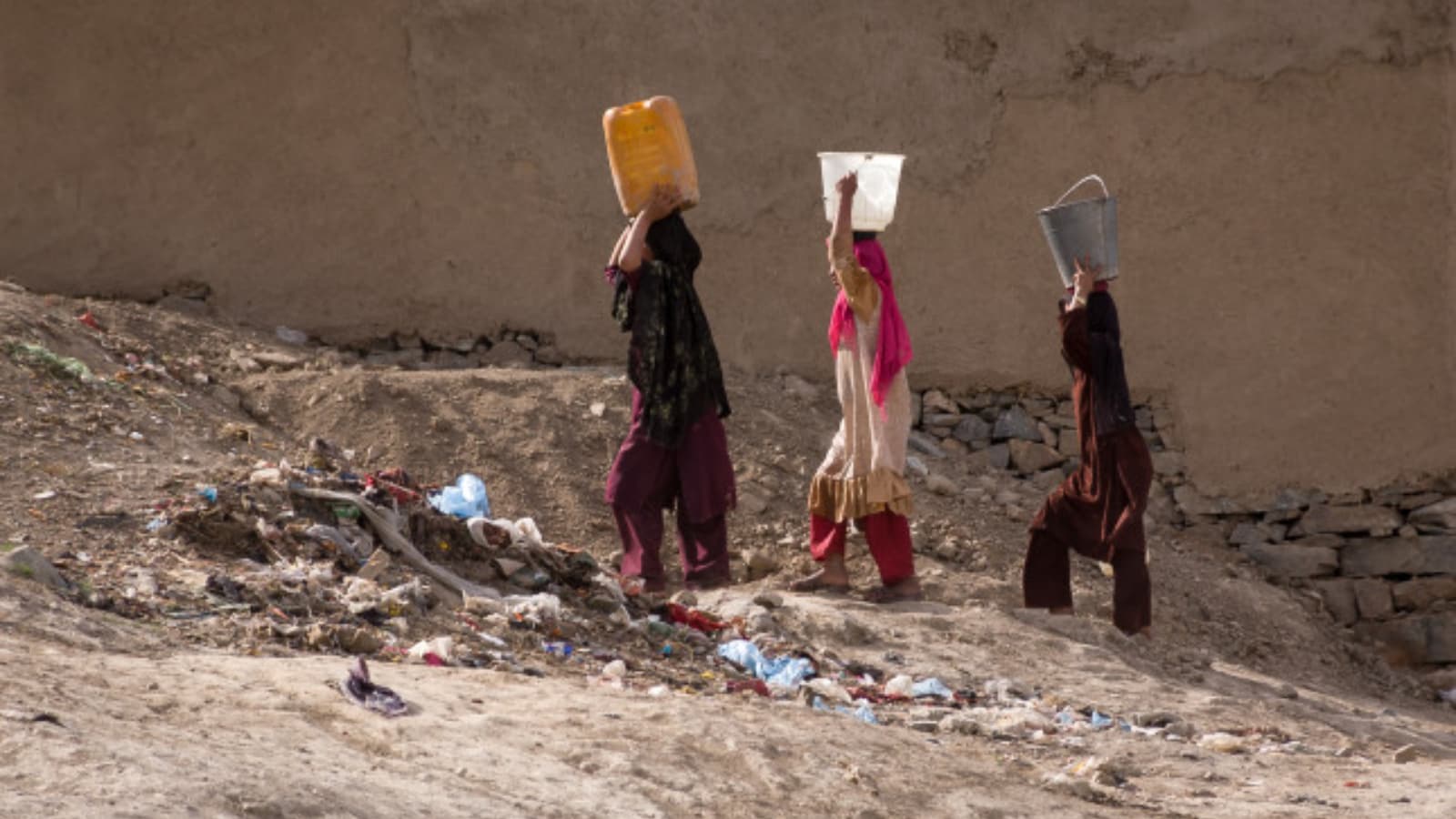- June 5, 2024
Warming Climate Affecting Snowfall, Raising Risk Of Summer Droughts: Study

As climate around the world warms, seasonal river flow peaks tend to decrease.
New Delhi:
Across the Northern Hemisphere, declining snowfall is affecting seasonal river flows, thereby increasing the risk of summer droughts, a new research has found.
Researchers explained that this could threaten water and food security, ecosystems and hydropower generation.
The team, led by researchers from the University of Bristol, UK, found that as the planet warms, snowy regions in the Rocky Mountains of North America, the Alps in Europe, along with those in northern Europe, are thawing prematurely.
Further, seasonal stream flows in less snowy areas are delayed as winters are becoming drier and warm-season rain arrives later in the year becoming a more dominant source of river flow, they explained.
“The increased (year-on-year) variability of streamflow seasonality implies greater uncertainty in seasonal streamflow patterns, posing challenges for water resource planning and management,” said Ross Woods from the University of Bristol and lead author of the study published in the journal Nature.
“Water managers need different strategies to adapt to this, depending on their location. Future planning for water infrastructure will need to take account of these changes in seasonal river flow,” said Woods.
For the study, the researchers looked at climate and river flow data from 1950-2020 for more than 3,000 river basins across the northern hemisphere. For every year, they calculated the amount of precipitation falling as snow, how this amount changed with time, along with its timing in every season, and river flows.
The team then compared these values with those observed during two ten-year periods – one with the highest snowfall amount, and the other with the lowest snowfall amount.
As climate around the world warms, seasonal river flow peaks tend to decrease, thereby resulting in a more uniform river flow over the entire year, said the researchers.
The timing and seasonal changes of river flows showed greater year-on-year changes with declining snowfall, which means planning for these changes in the future is essential, said Woods.
The changing trends in seasonal river flows affects water resources availability and has “wide-ranging implications for ecosystem functioning, food security, and natural hazard management,” said Woods.
Previous studies have shown that with climate change, snowfall is reducing, snowpacks are changing and the river flows resulting from melt water were also changing.
(This story has not been edited by NDTV staff and is auto-generated from a syndicated feed.)







